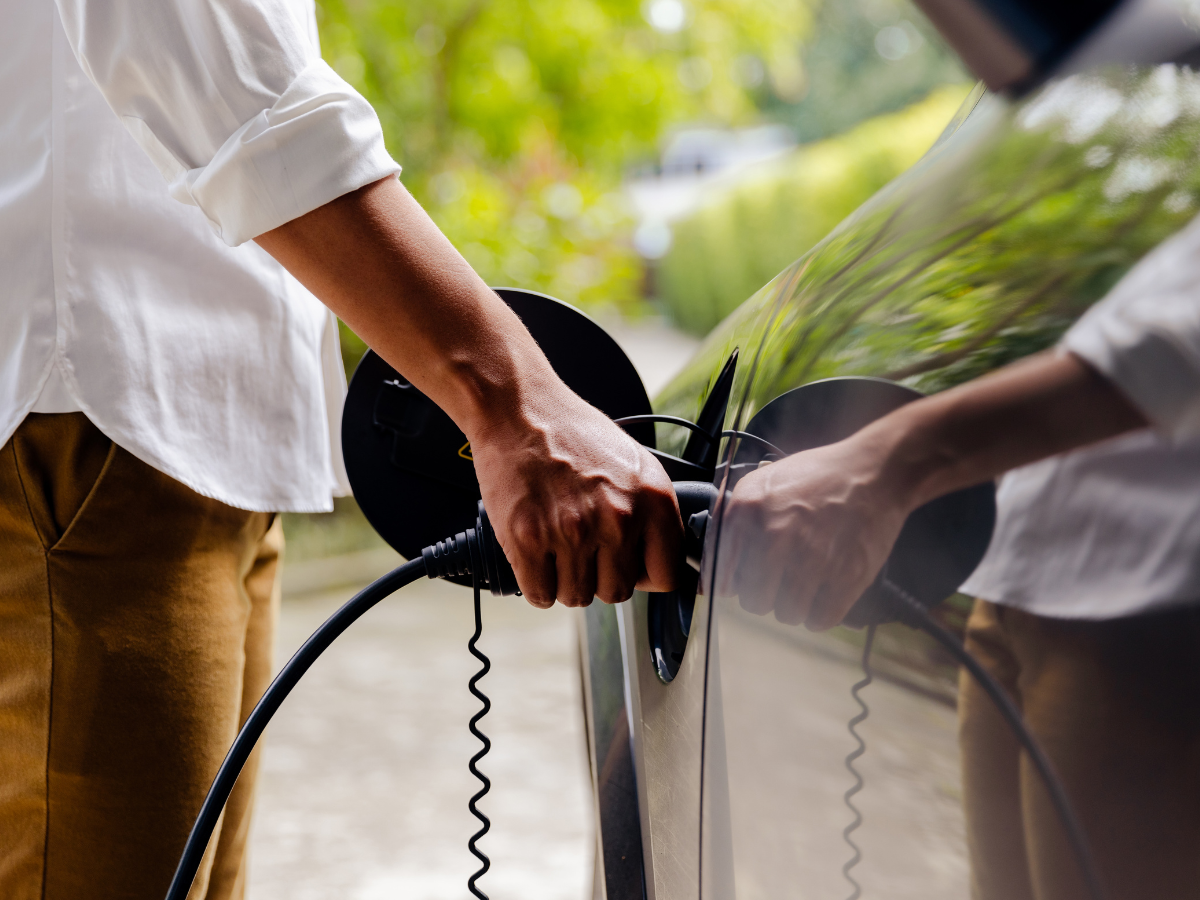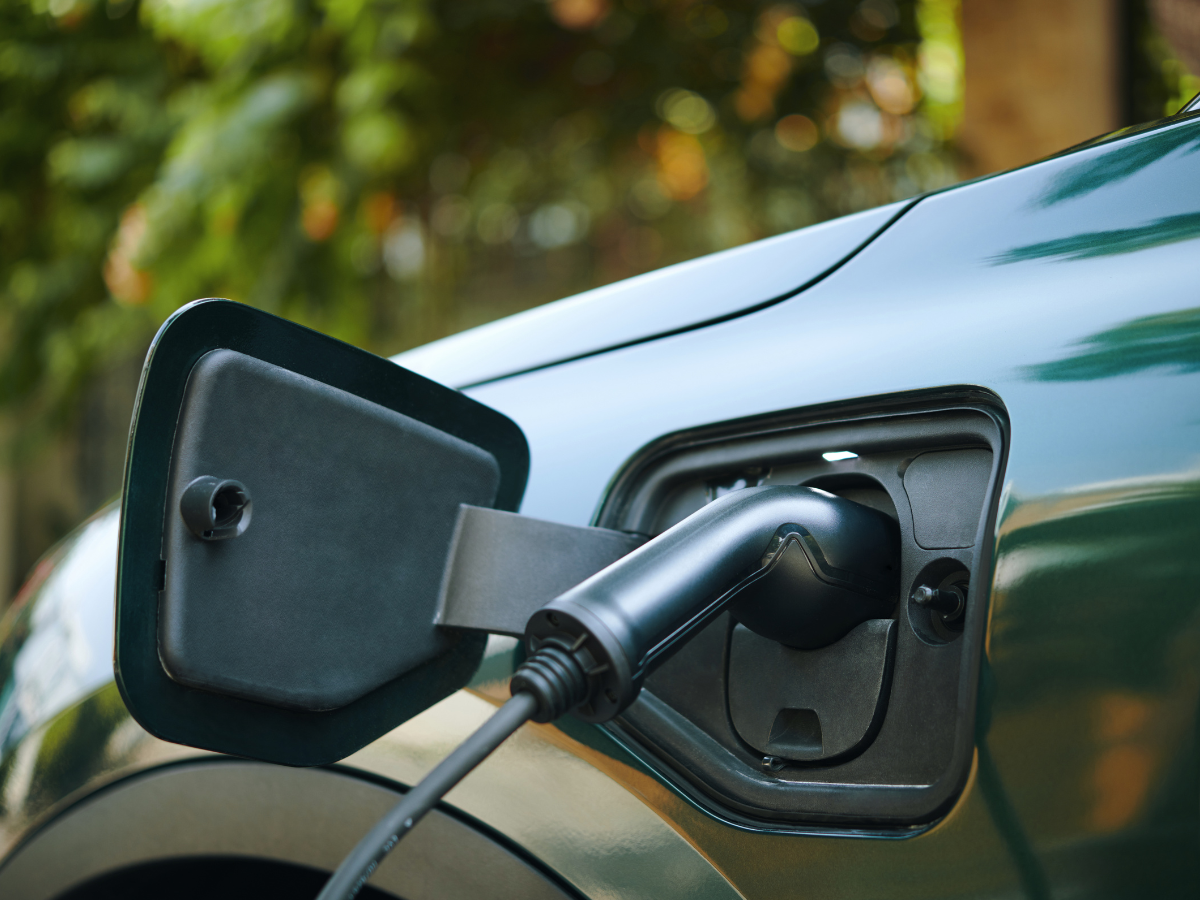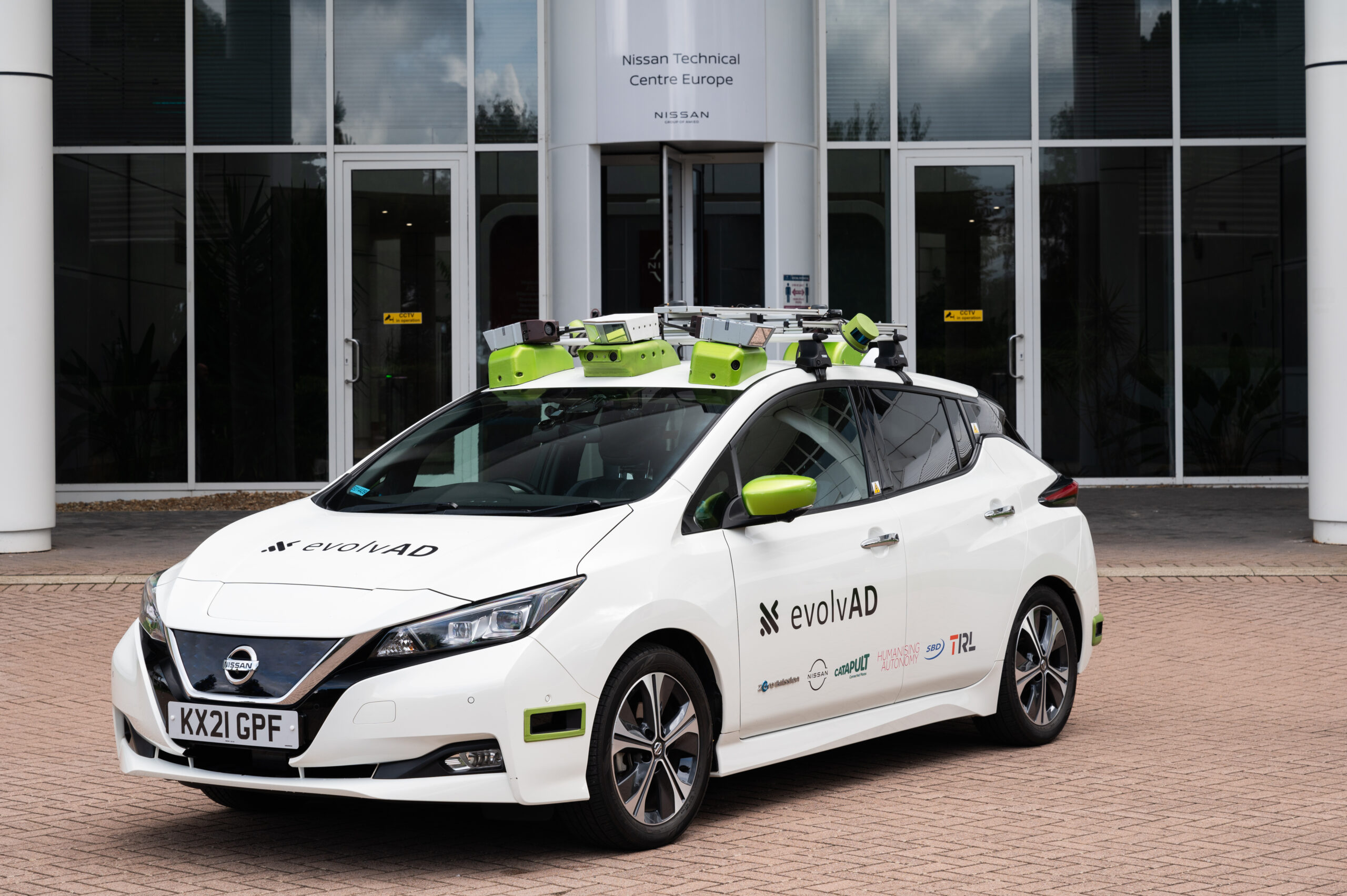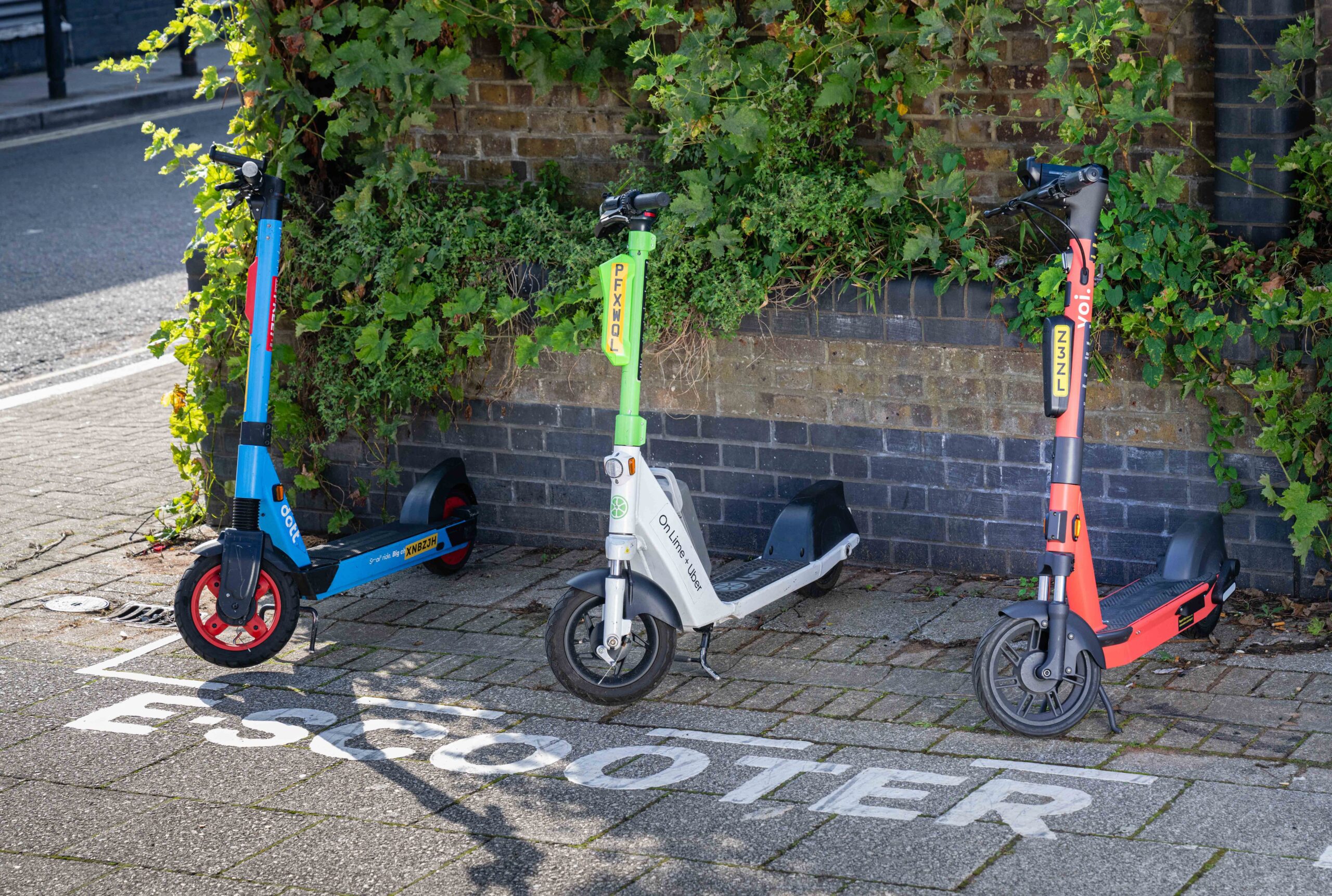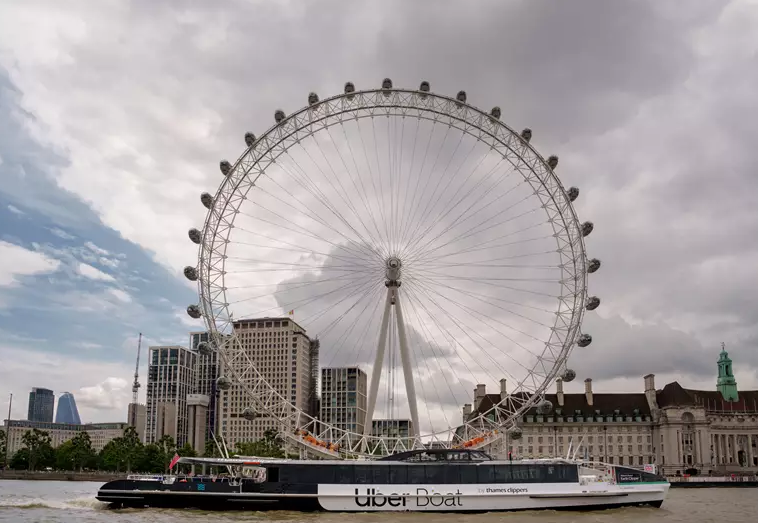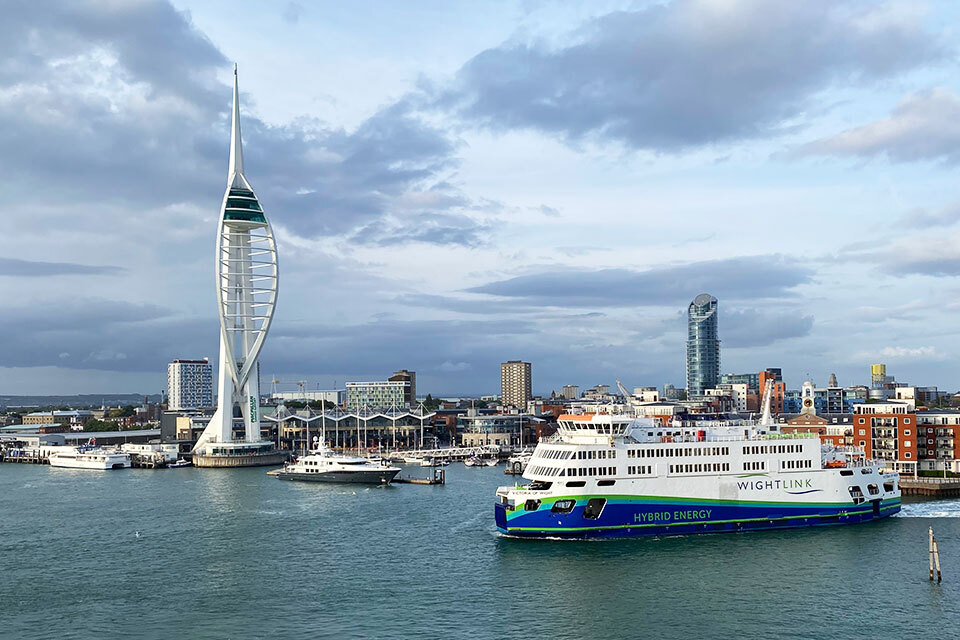The UK government has released a plan with updated mandates for ensuring all new vehicles are zero-emission at tailpipe by 2035.
This follows the Prime Minister’s recent decision to postpone the ban on new diesel and petrol cars from 2030 to 2035.
The updated pathway includes mandates for 80% of new cars and 70% of new vans sold in Great Britain to be zero-emission by 2030, increasing to 100% by 2035.

The government said this move is to provide certainty for manufacturers, while also encouraging investment in charging infrastructure, though the original deferral announcement was met with strong criticism by industry, including on grounds of uncertainty.
Transport Secretary, Mark Harper, said:The path to zero-emission vehicles announced today makes sure the route to get there is proportionate, pragmatic and realistic for families.
Our mandate provides certainty for manufacturers, benefits drivers by providing more options and helps grow the economy by creating skilled jobs. We are also making it easier than ever to own an electric vehicle, from reaching record levels of chargepoints to providing tax relief for EV owners.
The altered 2035 end-of-sale date now puts the UK in line with other economies, including France, Germany, Sweden and Canada.
Meanwhile, the nation’s initial mandate, which requires 22% of new cars sold in 2024 to be zero emission, remains unchanged.
By providing a proportionate approach, the government aims to allow drivers to benefit from the nation’s rapidly expanding charging network.
To support the transition, the government has also introduced several schemes to lower the costs of purchasing and owning an electric vehicle. This includes grants of up to 2,500 GBP for small plug-in vans and 5,000 GBP for larger electric vans.



